It’s clear that politics and emotions are inseparable across the political spectrum. How could they not be? After all, when we vote, we’re voting based on which candidates and policies best bolster our hopes, assuage our fears, and share our anger. After each election, we see the same images time and again: overtired candidates and campaigners, crowded in some church-hall-turned-polling-station, moved to both elation and tears. It’s just the colour of the rosettes that changes between the photos…
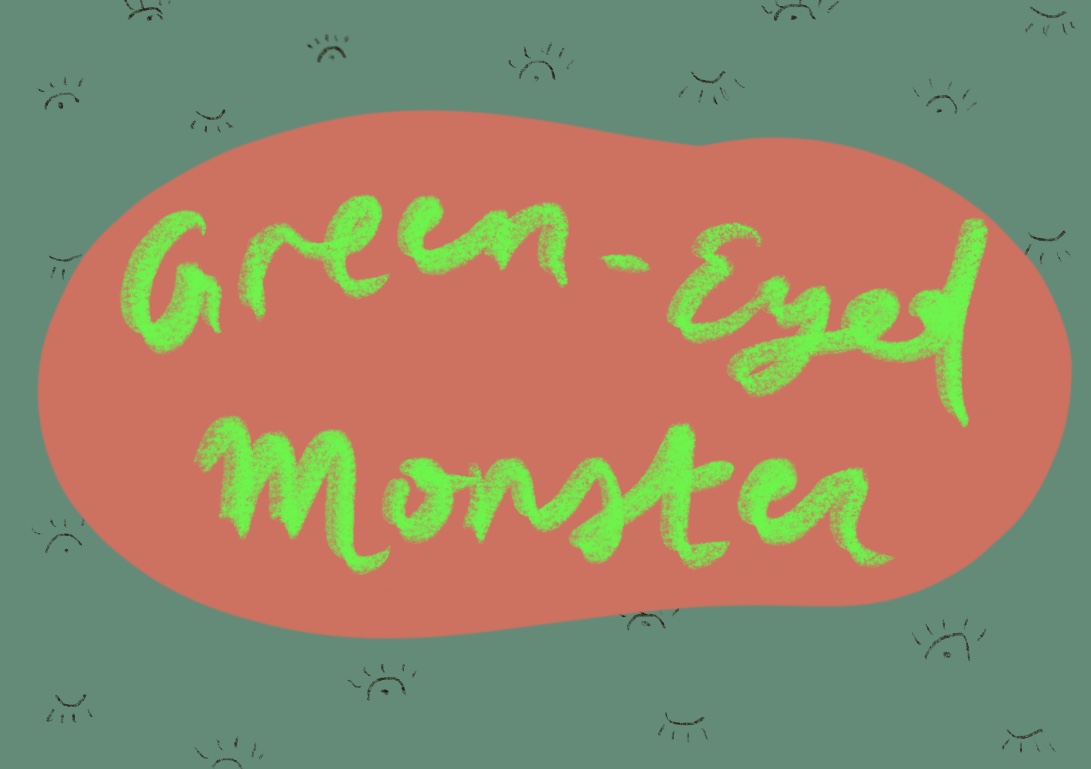
Harnessing the Green-Eyed Monsters
The idea that our politics and political decision-making should be rational, and sit above our messy, irrational emotions, is not new or uncommon. “Facts don’t care about your feelings” has been a rallying cry for the Right throughout the 2010s, with Ben Shapiro even going so far as to title two (!) books based on variations of the slogan. In 2011, David Cameron famously told Shadow Treasury Secretary, Angela Eagle, to “calm down, dear”: an interaction which drew condemnation and defence in equal measure. Looking back further into the twentieth century, we can find the character of the ‘bleeding heart liberal’ in American political discourse, so called because they are perceived to express excessive emotion and sympathy, to the point where it clouds their judgment.
Moving beyond slogans and name-calling, it’s clear that politics and emotions are inseparable across the political spectrum. How could they not be? After all, when we vote, we’re voting based on which candidates and policies best bolster our hopes, assuage our fears, and share our anger. After each election, we see the same images time and again: overtired candidates and campaigners, crowded in some church-hall-turned-polling-station, moved to both elation and tears. It’s just the colour of the rosettes that changes between the photos.
The emotions I want to discuss today are perhaps more subtle, or kept more hidden – certainly, they are more difficult to spot visually than sadness or joy. Yet envy and jealousy are powerful forces which drive both our politics and the ways we discuss them.
Although the two are often equated, and represented as the same ‘green-eyed monster’, envy and jealousy are actually two distinct emotions. Envy is the feeling of coveting what someone else has, whilst jealousy is an insecurity or fear that what you have will be taken by someone else. In Love Island terms: envy is witnessing your fellow islanders couple up when you’re single; jealousy is getting upset when your partner interacts with someone else, who you perceive to be a threat, at Casa Amour. If it seems like I’m being pedantic, it’s only because I realised I’ve been using the two words interchangeably until now.
To give a more political example (before I descend into exclusively Love Island analysis), I see envy frequently manifest in the comment sections of news articles about the cost of living crisis. In response to each harrowing article about children going hungry, or families unable to pay for heating, there will always be someone telling you about how they grew up with frost inside their windows, but they just put on a jumper and got on with it, thank you very much! I don’t think these people would necessarily self-identify as envious, but it’s easy to interpret it that way. If you grew up in difficult circumstances, but then begrudge others in a similar situation any empathy, I believe that must come, in part, from envy that they are getting the acknowledgement you never did. If you aren’t motivated to help others, is that because no one offered to help you?
I don’t wish to paint this phenomenon as purely the product of a generational divide. I see it amongst my peers too. Conversations about free higher education, or the forgiveness of student loan debts, are met with cries of “that’s unfair!” from those who have already taken out, or started paying off, their own loans. Heart-warming stories about hospitality workers unionising are met with derision by those who claim their work is harder and done in worse conditions. This is the mentality of envy: ‘I want what you have, and it’s wrong that I don’t have it already.’
Jealousy, on the other hand – those feelings of insecurity, anger, and fear of loss – are commonly expressed by the most privileged, who worry their position at the top is slipping. For example, those who oppose affirmative action provide a variety of justifications for their stance, but one of the emotions that underpins them is jealousy – although this is rarely expressed explicitly. These people fear that the success of others will result in a loss for themselves. If more marginalised people – women, people of colour, working-class people, or disabled people (to name just a few) – secure prestigious positions, then those most privileged won’t find it as easy to rise to the top. What others see as levelling the playing field, the jealous see as being personally undermined.
Another example comes from Elon Musk’s army of online fans. These fans often accuse Musk’s critics of being envious, or acting out what Australians dub ‘tall poppy syndrome’ – a tendency to discredit, criticise, or sabotage those who have achieved success. Whilst much of the adulation of Musk is obviously carried out with a level of irony, it can also be read as a pre-emptive jealousy of sorts. If we define jealousy as fear and insecurity, many of Musk’s fans believe that the criticism levelled against him – such as calls for him to improve working conditions – will result in damage or loss for their hero, and that, in turn, the same will happen to them if or when they achieve success of their own. It doesn’t matter for them if they currently have more in common with Tesla workers than Musk himself.
Jealousy is an individualistic emotion. In many ways, it is the opposite of solidarity: jealous people don’t want to see their marginalised colleagues succeed, or Tesla workers fight against unfair labour practices. By contrast, coveting what others have is not necessarily a bad thing: envy can, and should, be a motivational tool. I’m frequently envious! I’m envious of Germany’s new budget travel pass, or French friends who have more paid holidays from work than I do. But that doesn’t mean that I think these things should be taken away from my friends, or that they somehow pose a threat to me. Instead, envy inspires me to lobby, and protest, and cause a fuss until I see an improvement in my own life.
I do empathise, to an extent, with the feeling of “that’s not fair!” and “why did no-one care when I was struggling?” Sometimes we covet what others have, with no chance of achieving it for ourselves. If university fees were cancelled in their entirety tomorrow for new students, I’m sure I would be upset that it had happened too late for me. However, I hope I wouldn’t be envious to the extent that I’d oppose the policy or resent the relief and joy of others. After all, what is your politics for if not wanting things to get less difficult? Both for yourself, but also for others. To quote Paris Hilton, and a million sassy Instagram captions, “jealousy is a disease” – but maybe envy, if used constructively, could be part of the cure.
Ruby Hann, Politics Writer
Header image by the wonderful Lucia Villegas

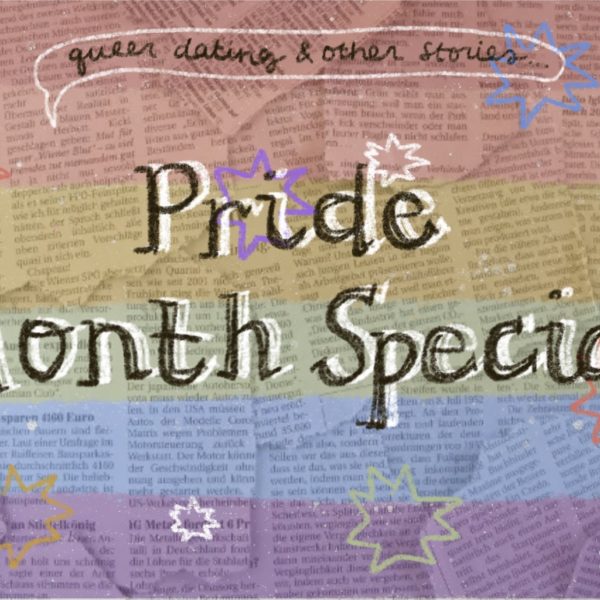
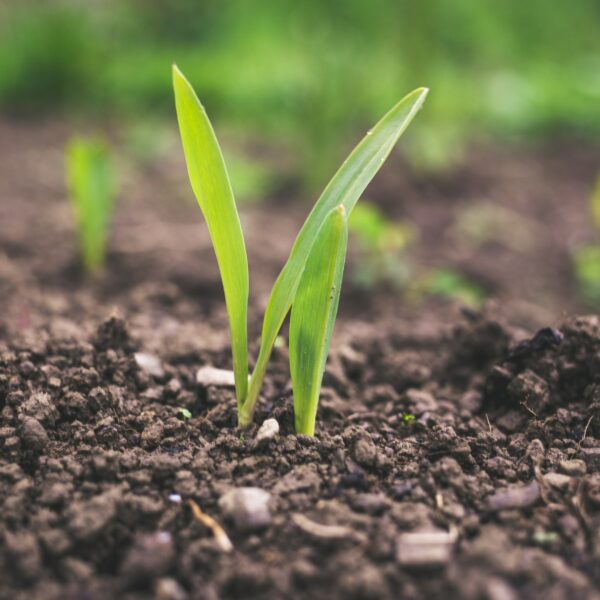
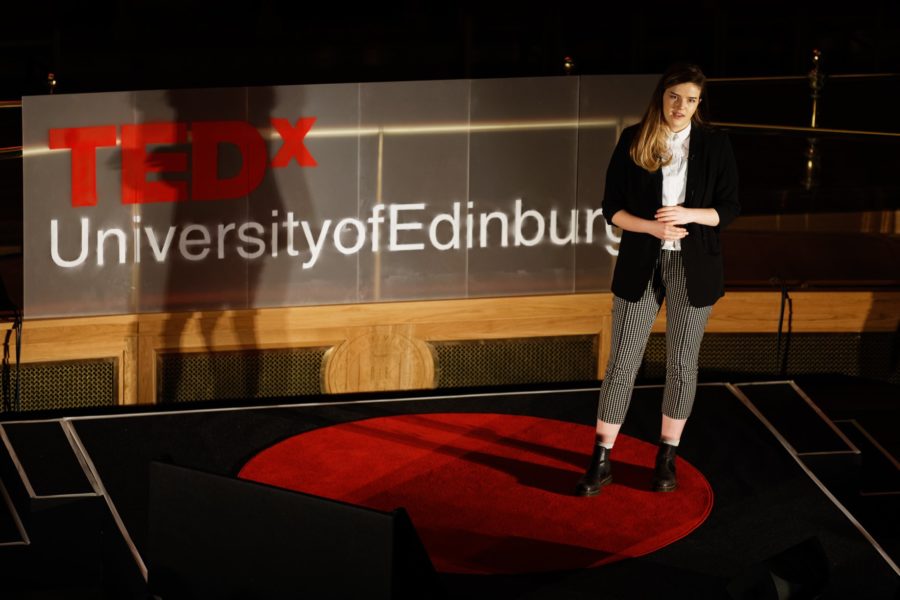
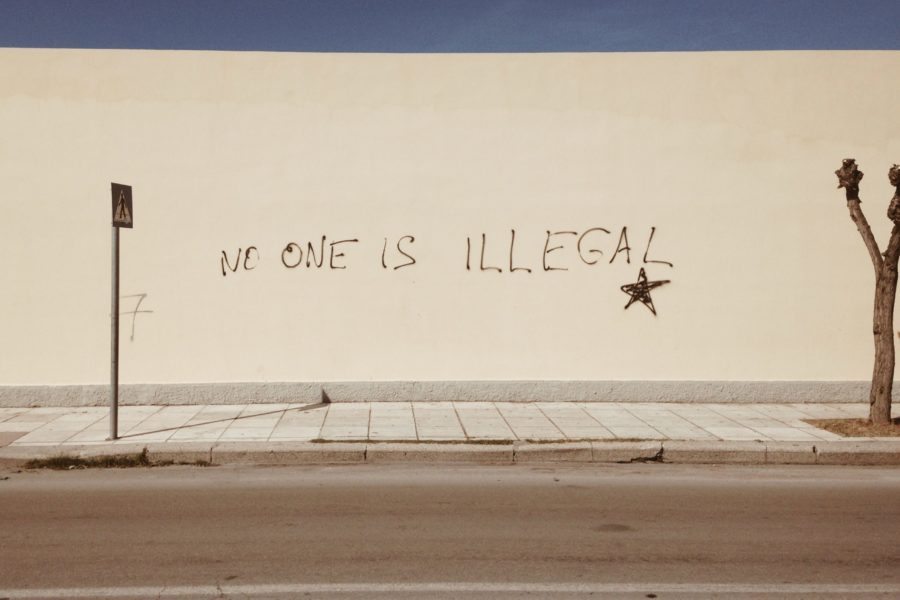
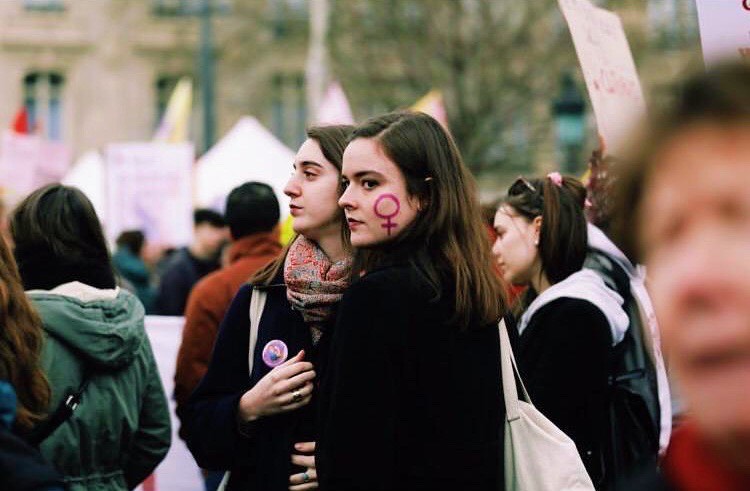
Leave a Comment